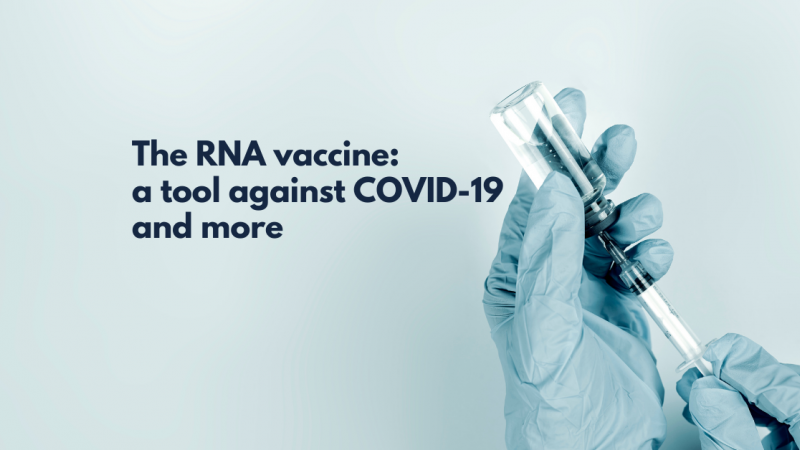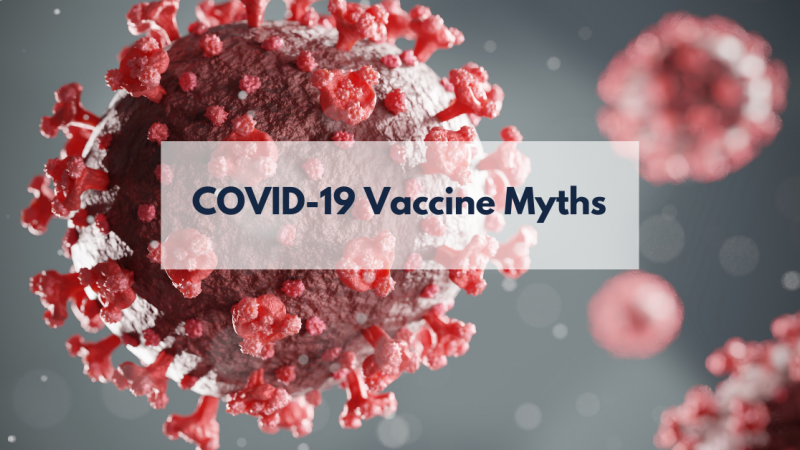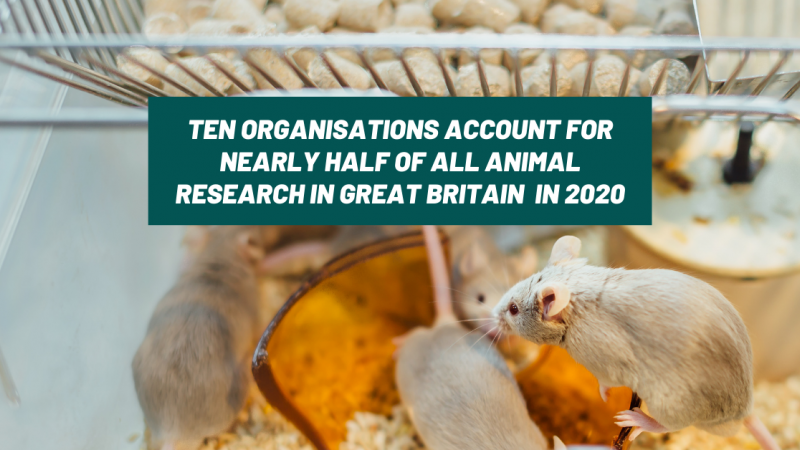Celebrity Ricky Gervais launched into a tirade against animal testing during a Radio 5 live interview recently, with the televised clip being propagated via social media and elsewhere. He ran over some common myths about research that it might be worth debunking once again.
Gervais said, “The next one I want to do is animal testing. Again, it doesn’t work. 93% of all experiments that worked on animals then fail and are dangerous in humans.”
This is wrong on two counts. Assuming that we are talking about animal testing rather than animal research, this supposed failure rate is actually an inversion of most species’ ability to suggest a compound will be toxic at a certain dose. The ability of the model to find a ‘true negative’ reaction is for dogs 94%, mice 95.6%, rats 97.9% and rabbits 99.2%. However, certain species make good or poor models for different types of compound and it was discovered long ago that if something was toxic in a rodent and non-rodent model then it would almost certainly be toxic in a human. This is why regulatory authorities require testing in two species before clinical trials can start.
The second failure is the idea that drugs would then be dangerous in humans. Animals are used in testing to determine if a compound is safe enough to be given to human volunteers – no drug advances from the animal lab straight onto the shelves at the chemist. The animal test is not generally for determining whether it will be effective, just that it’s safe. Three rounds of testing in humans take place before the so-called ‘stage 4’ where the drug is rolled out to the wider human population.
This happens cautiously, typically pioneered by hospital consultants who get to apply this new approach to patients for whom existing approaches are not working or aren’t available. Stage 4 is where problems not picked up by the smaller human cohorts might surface. The animal model was never trying to ‘predict’ them and cannot be at fault if even human studies didn’t predict a problem.
Gervais moves on with “Because the models don’t work. Computer models work better than animal testing.”
I’ll stop you there. It’s illegal to use an animal if there’s an alternative, computer models are used alongside the animal studies not instead of them and, whilst promising, aren’t generally yet better than animal data. Several such approaches are being formally evaluated at the moment, but it’s extremely premature to conclude these approaches are reliable or proven.
Gervais expands “Again, it’s propaganda because people get paid. People who breed the beagles they make 1,000 or 2,000 per dog, universities get kickbacks from pharma companies to do research.”
This is variously wrong, bizarre and insulting to researchers seeking to alleviate suffering. Yes, breeders get paid to breed dogs, but that’s not why testing takes place. Testing on animals was mandated as compulsory by the Nuremburg Code after the Nazis, who were anti-vivisection, tested on humans instead. It is required by governments, not undertaken as a money-making venture by pharmaceutical companies. Universities don’t do this sort of regulatory testing. It really is a strange thing to say. Organisations like the Medical Research Council, the Wellcome Trust and medical research charities do fund some Universities to carry out animal research to try to find cures for Alzheimer’s, Motor Neurone Disease, cancer and many other conditions, but you would hardly call this funding ‘kickbacks’.
Gervais concludes “It doesn’t work and it’s cruel. You’ve got to end animal testing. I mean some people think yeah ‘but what about cancer and AIDS, I understand that. There’s no ambiguity about shampoo and cosmetics, that’s mental (sic). Putting stuff in a rabbit’s eye torturing them to death because some… don’t get shampoo in your eyes - it stings. It’s done, right? And then the medical stuff it doesn’t work. It’s cruel and it doesn’t work”
There is indeed no ambiguity about using animals for cosmetics testing – it’s been illegal in the UK since 1998, testing ingredients for cosmetics is illegal and importing anything cosmetic that has been animal-tested is illegal. But it is also illegal not to test a potential new medicine using animals before it is given to human beings. It’s the law because it works to keep us safe and has done so for more than 50 years. All of this work is for greater good, not redder lipstick. Practically every medicine or treatment that you or I or Ricky Gervais (or our pets) have ever taken was developed and tested using animals.
It is the way of these things that it’s taken me some 988 words to debunk Gervais’ 143 words because it’s just so easy to throw out an ignorant comment and it somehow falls to the person with the facts to set the record straight.
However, it must be done. Biology has been under assault from the same detractors for years – Young-Earth creationists, anti-vaxxers and anti-vivisectionists are not new, nor have their tactics changed over the past 150 years. There are always the false claims about efficacy, as if researchers would deliberately sabotage their own careers doing experiments that wouldn’t work. There’s the ‘follow the money’ argument that posits that the world’s regulators, academics, learned societies, industry bigwigs and all professional toxicologists have been duped by rat breeders wishing to sell them rats. There’s the false danger argument – did you know vaccines have mercury in them?!
Mr Gervais seemed to grasp this point during his now-ironically titled S.C.I.E.N.C.E. tour, but beliefs don’t trump facts. If you’re too busy for facts, try a shortcut and ask ‘What does every serious scientific institution in the world think?’ What does the Royal Society think? What does the FDA think?’ To be on the wrong side of this argument is literally to argue against cancer treatments, insulin and whatever’s coming next. This is far too important a moral question be this intellectually lazy about.

Last edited: 4 March 2022 11:22




